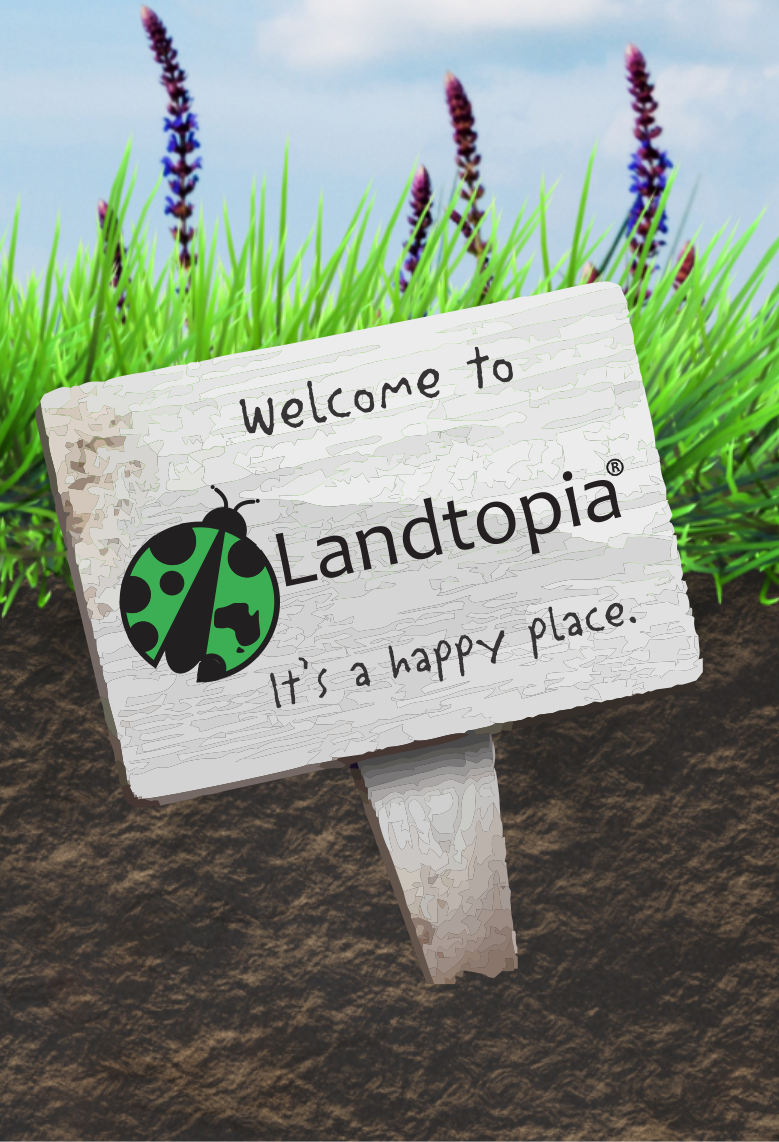An Australian first to the world market.
Biodegradable non-woven polypropylene bags
Independently tested in Australia as biodegradable in microbe rich landfill

Australian owned and designed, Landtopia® bags were created in response to the overwhelming plastic waste that ends up in Australian landfills.
Manufactured under stringent conditions, they contain a scientifically proven organic additive that only activates to decompose the bag when disposed of in a microbe rich and active landfill environment. The additive has no negative effects on the strength or durability of the nonwoven PP.
Rather than sitting in landfill for years doing nothing, your Landtopia® bag gives back! It becomes a colony for microbes to feast on as a food and energy source. The energy produced can be harvested and utilised to generate power through methane extraction.
The recycling and repurpose of plastics is an area that has gained enormous ground in the last few years. Given the volume of plastic products produced and supplied by the promotional products industry worldwide and the potential for waste, we have spent the last two years investigating the best of what science and our industry can offer in this exciting and emerging field.
We believe within 10 – 15 years all petroleum based plastics destined for landfill will be treated in this or a similar way.
Society’s humble carry bag, the “Green” or “Eco” nonwoven bag
This is our convenient buddy who cheerfully ferries our accumulation of Daily Stuff. Most of us will happily reuse them over an average useful life of 1-2 years.
They have all the convenience and benefits of plastics – including their strength and durability. They also have the same challenge as plastic when thrown away – they too, are a petroleum based product.
Fantastic while the product is in use, but what happens after disposal?
That same strength and longevity now sits underground. The plastic acting as a 20th century time capsule to be left far beyond our lifespan – think 3015 or 12 generations down the family tree!
Scientists currently estimate untreated plastics will take hundreds, if not thousands of years to breakdown in landfill.
Rather than a problem – It’s a process
Many solutions are being trialled, some currently more effective than others in their uptake and end of life disposal.
The movement to ban single use, disposable plastic shopping bags due to their catastrophic waste generation has been expanding globally and will continue. The UK banned plastic bags from Aug 2014 and more countries have followed suit.
Alternative carry bags such as compostable plastic, paper and calico have a wide appeal. It does question the use of precious natural resources such as arable land, water and trees to create something that can be disposed of in an instant.
The Danish Ministry of Environment and Food reported on grocery carry bags in Feb 2018. If you compare longer life carry bags such as cotton and Non-woven PP, the Non-woven bag comes out ahead. It only requires 6 uses to equal the Global Warming Potential (GWP) of 1 plastic bag compared to 149 uses for an organic cotton bag.
The last decade has seen the spotlight on sustainable business practices and we are seeing Science and Business collaborating to bring intelligent and sustainable solutions to market. The extent to which a company incorporates sustainability into its business model often correlates with an increase in profit whilst simultaneously advancing the quality of life for all people they interact with.